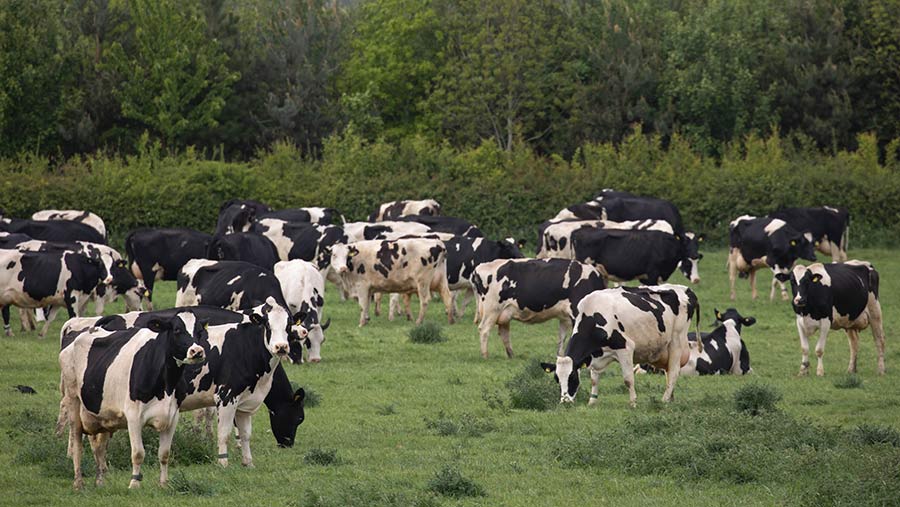Opinion: Blaming livestock for global warming is ill-informed
 © Tim Scrivener
© Tim Scrivener As some 400 private jets carrying the world’s climate-conscious business and political elite – plus the prerequisite sprinkling of actors – touched down in Glasgow, and a chap with a private space programme and billions in personal wealth lectured the rest of us on living within our means, the COP26 climate conference kicked off at the start of November.
Given the catastrophic weather events increasingly experienced around the globe (in many cases, felt most sharply by farmers of all nations), we must do all we can to rein in the worst-case climate-change scenarios.
And – hypocritical as they can seem – international shindigs such as COP are vital in our having any chance at achieving this.
If we do not face up to the realities of climate change, our children will inherit a world far crueller than that which we have enjoyed.
See also: Cut methane to avoid battle over stock numbers, farmers told
This is why the predictable media focus on red meat was so frustrating.
Farmers understand that sustainably produced livestock are not an existential threat to civilisation, but are in fact vital to healthy, functioning ecosystems and soils (and have existed for considerably longer than the oil and gas industry).
But for those who are sketchy of the details when pressed, let me elucidate as simply as I can.
Methane (as emitted by ruminant livestock) is a potent greenhouse gas, some 28 times more warming than carbon dioxide. Yet methane breaks down (into water and carbon dioxide) after only a decade.
This is a fact ignored by most climate modelling, which calculates ruminant methane’s warming potential over 100 years – nine times longer than the gas remains in the atmosphere, thereby exaggerating its impact.
The carbon dioxide produced after 10 years is then absorbed by plants via photosynthesis as part of the natural biogenic carbon cycle as a “flow gas”, before being grazed once again, turned to methane and so on and on in nature’s circular economy, dating back to the dawn of life.
Thus, after a decade, any stable population of ruminants has no additional warming effect, their emissions of 10 years ago cycled back into pastures.
The carbon dioxide released from the burning of fossil fuels is part of no natural cycle: it was locked deep away, inert in oil, coal and gas until released into the atmosphere to power our factories, transport and homes, and to make the tat that fills our lives.
And, unlike methane, it endures in the atmosphere as a “stock gas” for centuries, exerting a constant warming effect with every day that passes.
Were we to stop burning all fossil fuels tomorrow, the air would not begin to cool for centuries. And, of course, the oil and gas industry emits more methane globally than do ruminants.
In the UK, where farmers plan to be net-zero producers by 2040, and where sheep and cattle contribute only some 5% of national emissions, livestock continue to be scapegoated by clueless celebrities, lazy journalists and greedy corporations looking to seize more of the profits from the food system by pushing hyper-processed, high-margin “plant-based” options.
This poses a real and present danger to us all, for the longer we distract ourselves from the other 95% of emissions, the worse will be the state of the world inherited by our children. The truth must out.

